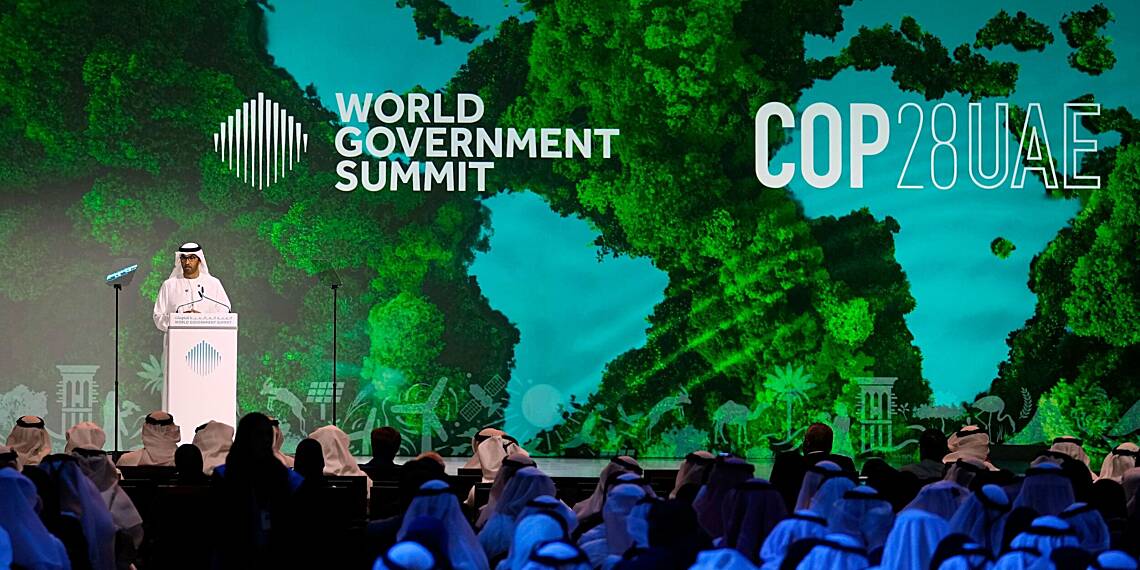Sultan Al Jaber, the president of the forthcoming COP28 summit in the United Arab Emirates (UAE) has sounded the alarm about the world’s failure to keep pace with its climate change objectives. His dire assessment, delivered at the inaugural Africa Climate Summit in Nairobi, Kenya, coincided with calls from African leaders for a reformation of what they perceive as an unjust global climate finance system.
The COP28 president’s remarks came just three days ahead of the United Nations’ release of its inaugural “global stocktake,” a comprehensive evaluation of countries’ progress in combating climate change.
Jaber, who also serves as the head of the Abu Dhabi National Oil Company, lamented, “We are not delivering the results that we need in the time that we need them.” The urgency of the situation was underscored by the fact that Africa, a continent facing some of the most severe climate change impacts, receives only 12% of the necessary financial support to address these challenges, according to researchers.
At the Africa Climate Summit, significant investments in sustainable development initiatives were unveiled, including a pledge by the UAE to contribute $4.5 billion towards developing 15 gigawatts (GW) of clean energy in Africa by 2030. Currently, Africa has approximately 60 GW of installed renewable energy capacity.
Germany also made a financial commitment of 450 million euros ($482.31 million), with 60 million euros allocated to a green hydrogen project in Kenya, while the United States pledged $30 million to bolster climate resilience and food security efforts in the region.
African leaders applauded these investments but stressed that addressing the continent’s financing needs would necessitate a profound transformation of the global climate financing framework, particularly given the substantial debt burdens faced by many governments.
In preparation for COP28, African nations intend to advocate for an expansion of special drawing rights at the International Monetary Fund, potentially unlocking $500 billion in climate finance, which could be leveraged up to five times.
Kenyan President William Ruto argued that special drawing rights should be directed to countries most in need, a departure from previous practices. Ruto also called for multilateral finance institutions to increase concessional lending and proposed a conversation about implementing a carbon tax to fund development.
Joseph Ng’ang’a, appointed by Ruto to lead the summit’s secretariat, elaborated on the carbon tax proposal, suggesting it could be levied on fuel suppliers, thereby mitigating domestic political opposition to taxing fossil fuel consumption. He emphasized the global nature of fossil fuel markets, making tracking and implementing such a tax more feasible on a global scale.
Akinwumi Adesina, the president of the African Development Bank, advocated for the inclusion of Africa’s natural assets, particularly its carbon-sequestering forests, in economic assessments. He argued that this inclusion would enhance African countries’ access to debt financing.
While a loss and damage fund was established during COP27 to aid impoverished nations afflicted by climate-related disasters, Majid Al Suwaidi, COP28’s director general, expressed concerns about the slow progress in negotiating its implementation. He emphasized the importance of early commitments from countries to capitalize on the fund effectively.
Source: Reuters.




















